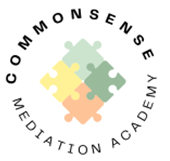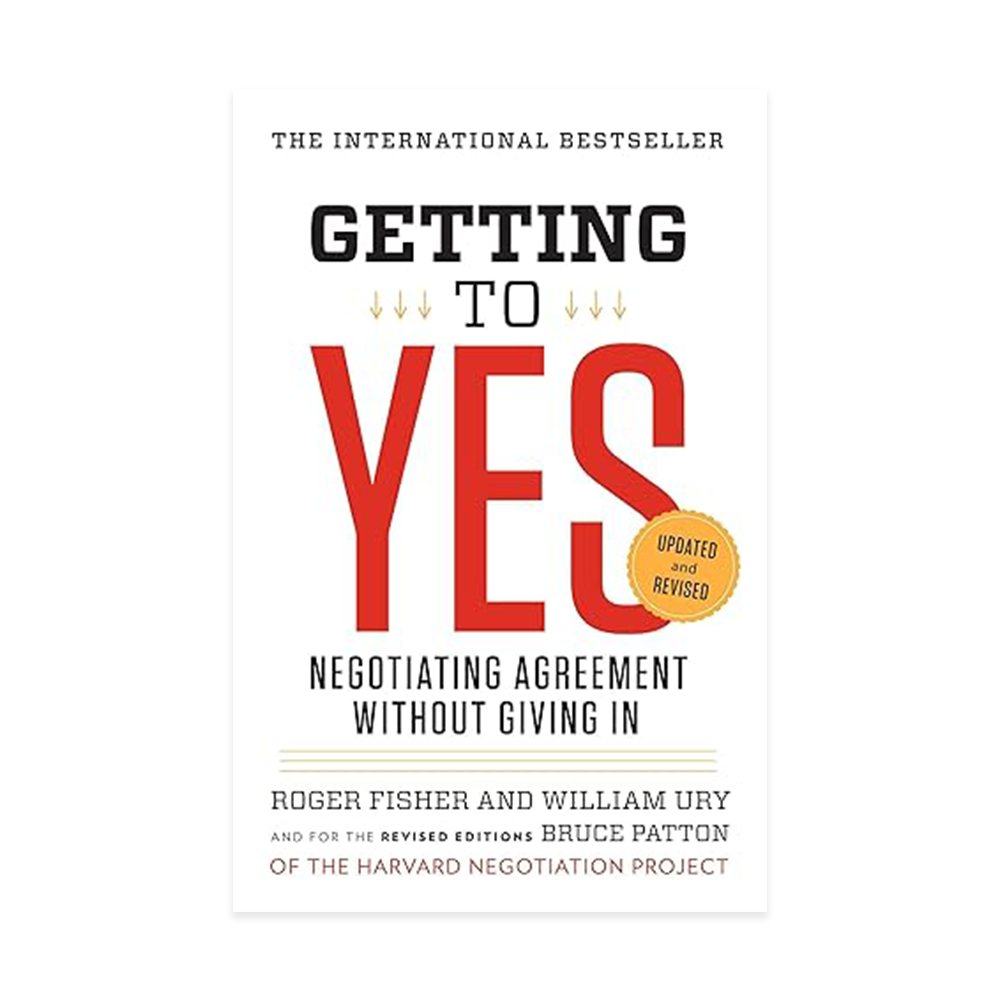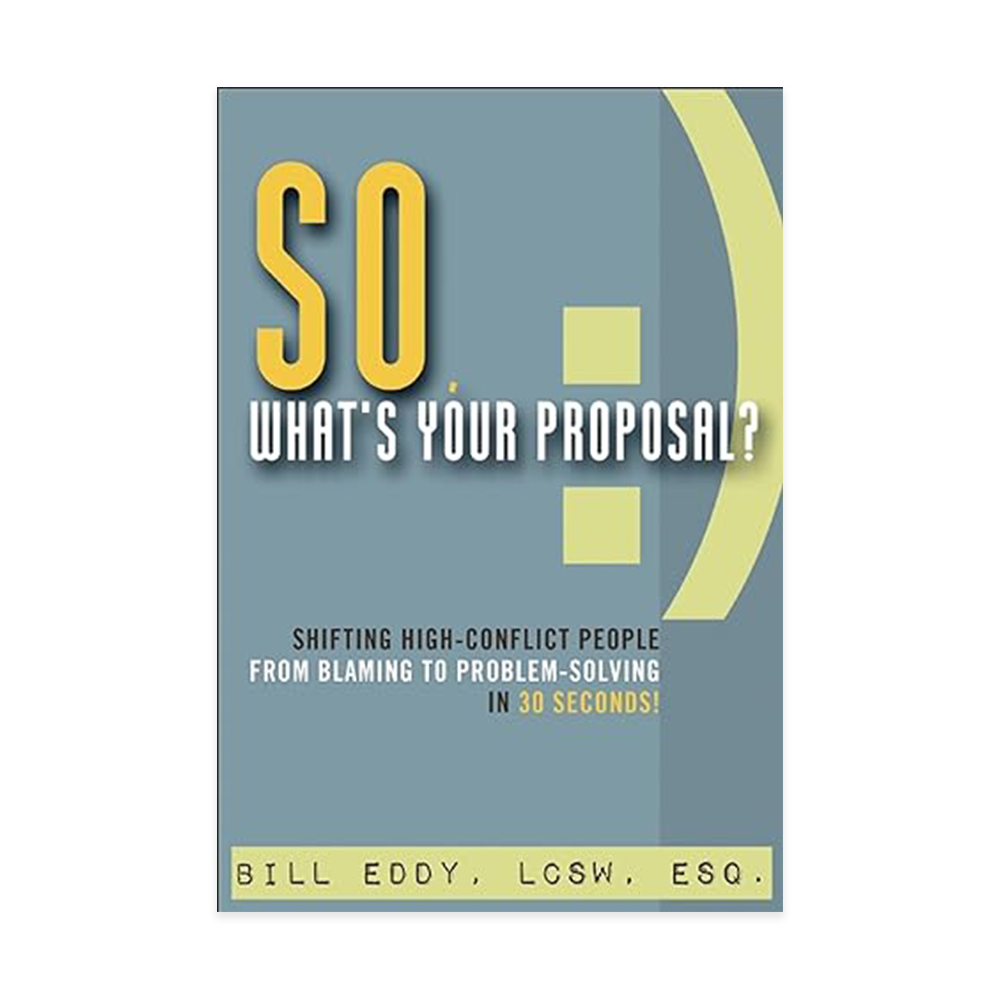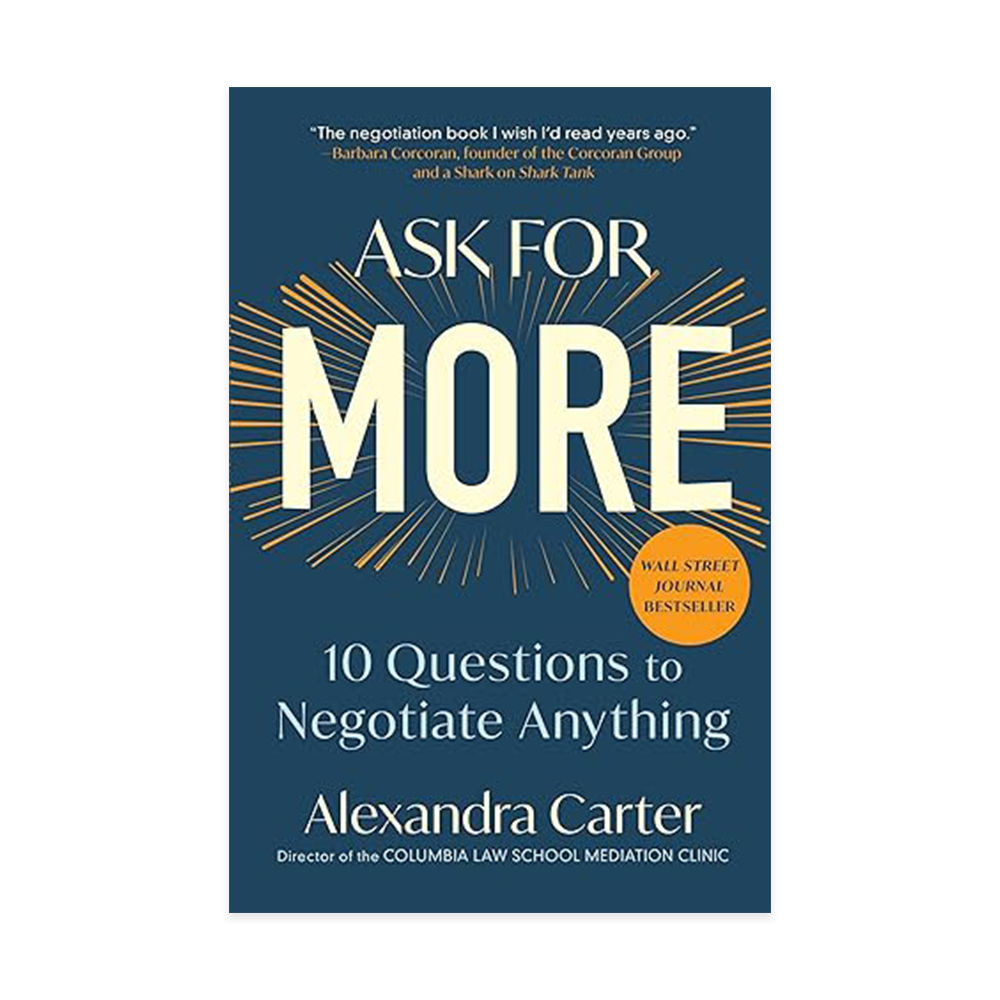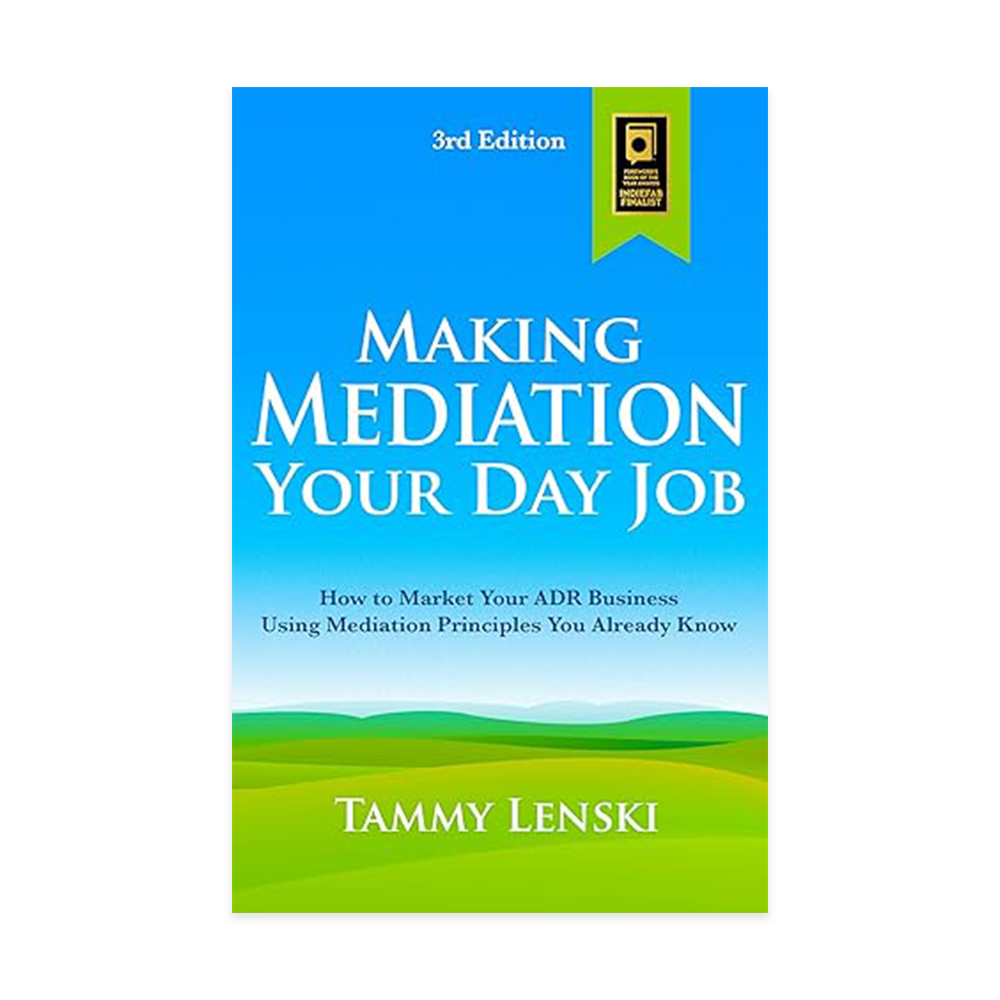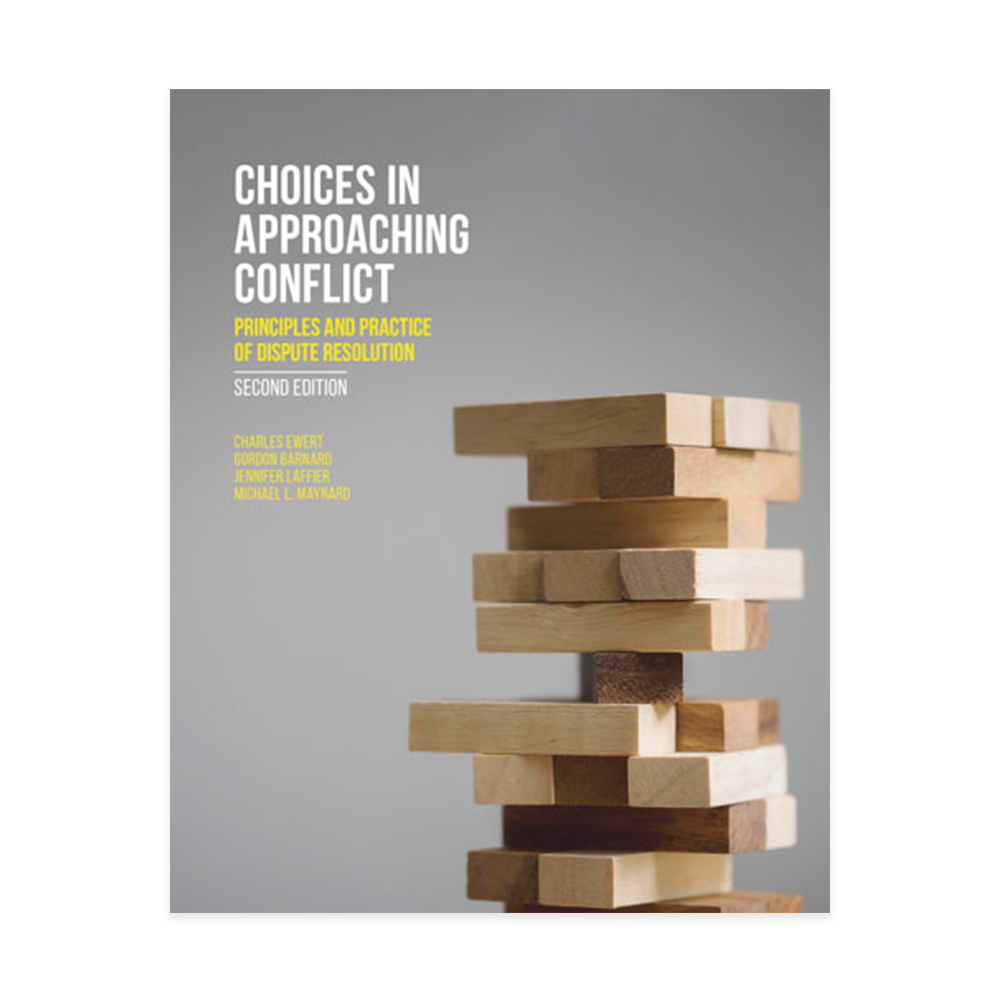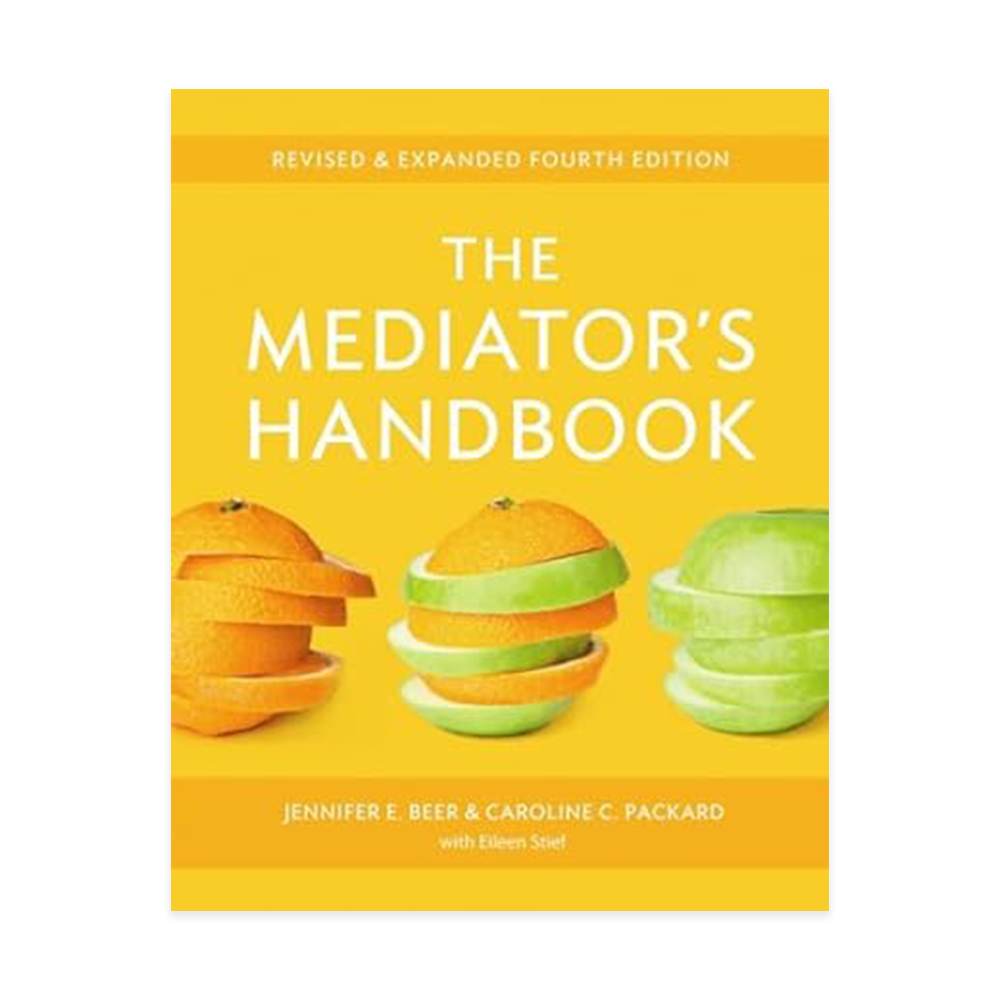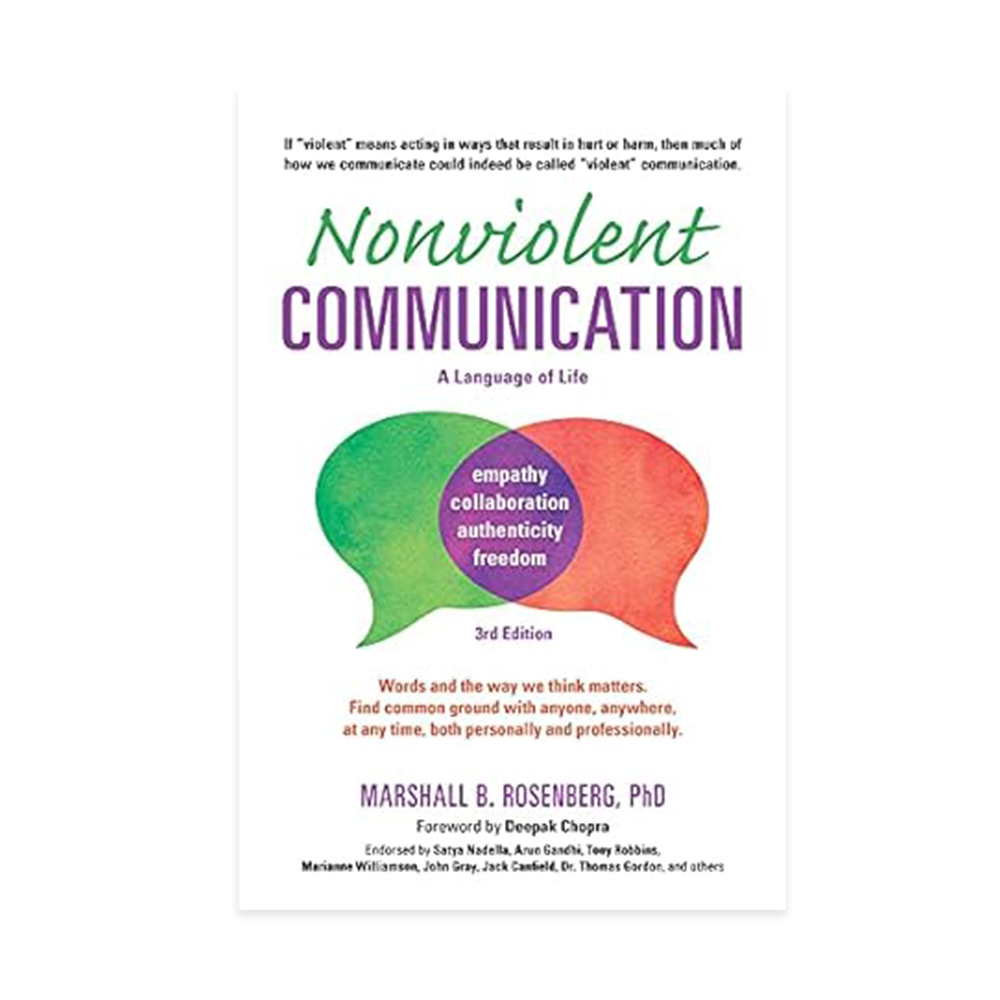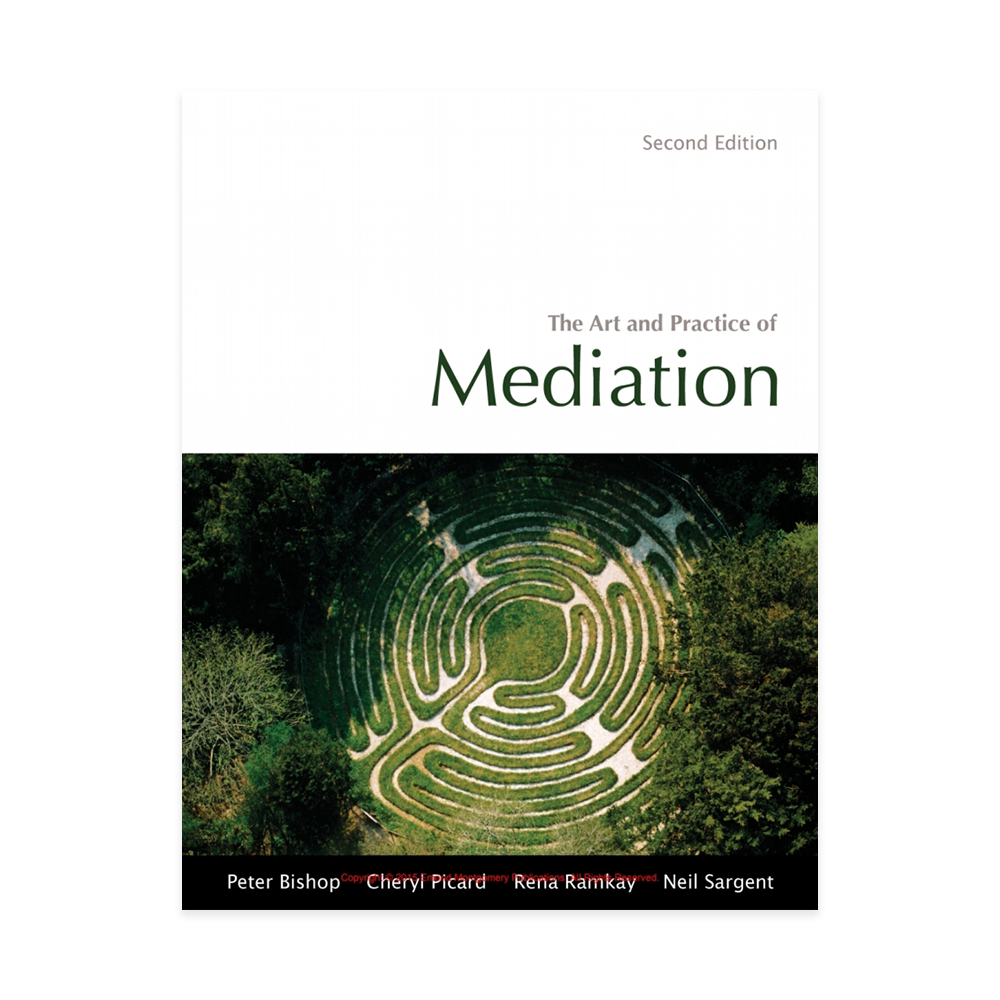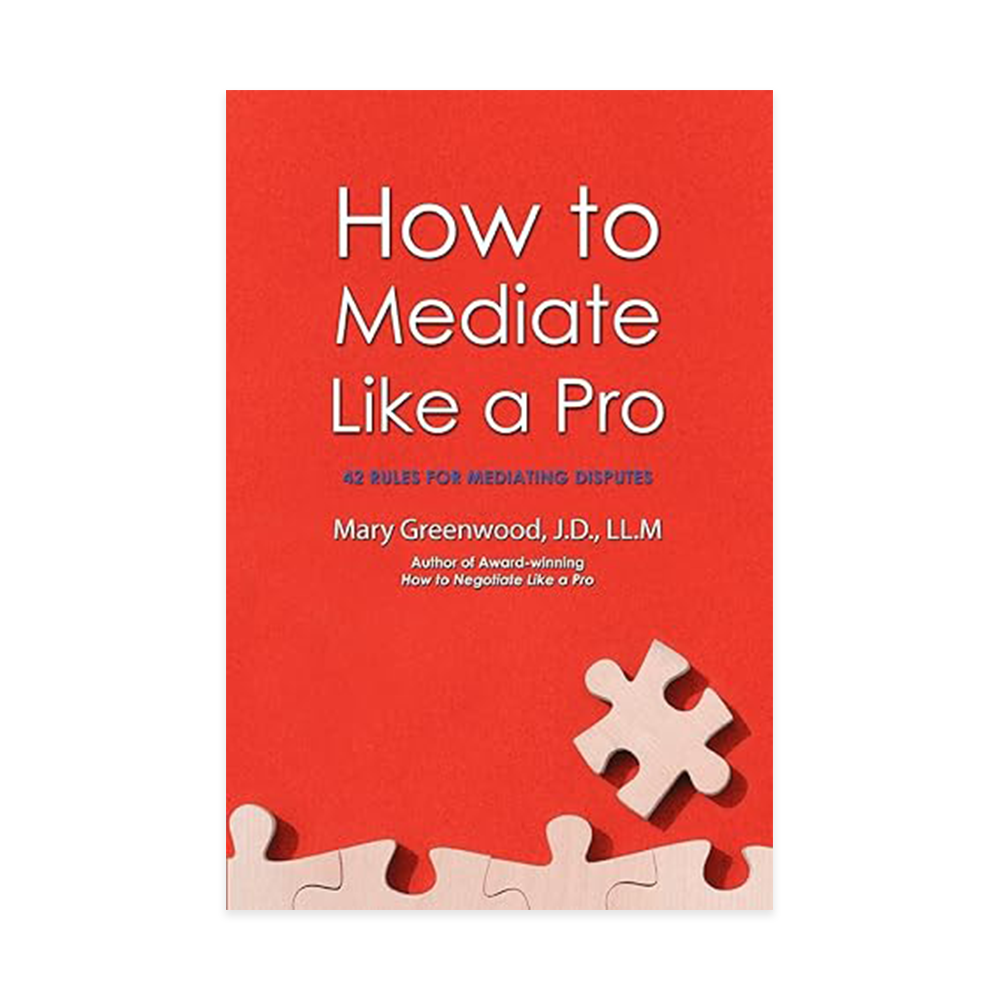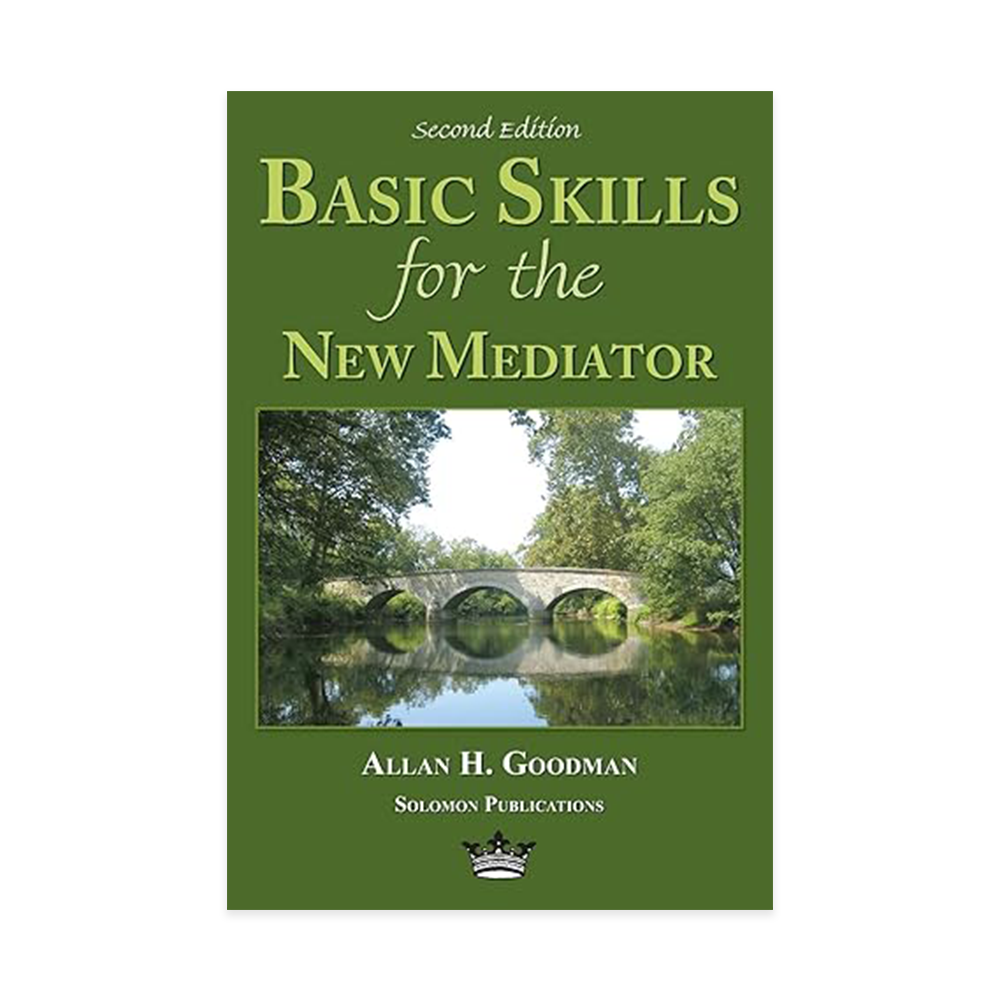New and seasoned mediators need to continue to learn through reading. Though mediation is a growing field, it can often be difficult to find reading material about mediation, dispute resolution, communication, and conflict theory. If you Google “Books About Mediation,” the search results will likely feature books about practicing meditation. While meditation is a wonderful practice and can be extraordinarily helpful for mediators and their clients, other books might be more helpful if you want to learn about the practice of mediation. Here are the Ten Must-Read Books for Mediators as recommended by CommonSense Mediation Academy:
1. Getting to Yes, by Roger Fisher and William Ury
This classic book about negotiation is a staple for new mediators and a book seasoned mediators regularly come back to. In this book, you will learn about principled negotiation techniques and how to facilitate settlement conversations. You may even find yourself using the techniques you learn in this book in your personal life!
3. Ask For More, by Alexandra Carter
This book gives a ten-question template for facilitating negotiations or managing your own negotiation process. In this book, you will learn the basics of mediation and negotiation in plain-language. Many people who have read this book find it to be a modern twist on “Getting to Yes”, and young, new mediators might find it easier to understand than some of the older books about mediation.
4. Making Mediation Your Day Job, by Tammy Lenski
For people who want to become full-time mediators, this book gives good information and advice for building a mediation business. It ties the principles that make someone a good mediator to the principles that can make that same person a good entrepreneur. There is also a supplementary workbook available for mediators who want to follow Lenski’s method to build their business.
5. Choices in Approach Conflict, by Charles Ewert, Gordon Barnard, Jennifer Laffier, and Michael L. Maynard
For folks who want to dive deep into the world of conflict resolution, this is an enjoyable read and is easily digestible despite being a full textbook. For mediators who don’t want to read this book cover-to-cover, they can look up pertinent topics using the index. This is also a good resource for people who want to be professional mediators because it has information on the business of mediation.
6. The Mediator’s Handbook, by Jennifer E. Beer & Caroline C. Packard
Another hefty book, but this one is so bursting with the mediation process and theory that the new mediator would be wise to read this one thoroughly. Cute illustrations throughout the book help present the mediation process and the theories behind it in an easily understandable and fun way.
7. Non-Violent Communication, by Marshall Rosenberg
This book is helpful for mediators and non-mediators alike! In this book you will learn about language and empathy; this information is key for mediators to diffuse high-tension situations and help people move toward resolution. The communication skills people learn from this book are also transferable to personal life and many people have found the implementation of non-violent communication to be life-changing.
8. The Art and Practice of Mediation, by Peters Bishop, Cheryl Picard, Rena Ramkay, and Neil Sargent
This dense pick features detailed chapters and thorough references. It is often used as a textbook for dispute resolution courses, so some folks might not choose to read it cover to cover, but each page is packed with valuable information. This book has sample dispute scenarios readers can use to roleplay and practice their mediation skills with their peers.
10. Basic Skills for the New Mediator, by Allan H. Goodman
Another thin book, that has great information like the basics of the mediation process, how to get paid, what the role of the mediators is, and how to manage lawyers’ involvement. This is a good option for a desk-side companion for mediators to refer to time and time again.
There is no perfect mediator; however, with these books nearby, a mediator can learn and hone the skills needed to be effective in this profession. A great mediator is always seeking new information through reading books about mediation, dispute resolution, and conflict theory. Through gathering information, a mediator adds to their toolbox. Each mediation is unique and requires a different approach, so having as many tools in your mediator’s toolkit as possible will increase your ability to help your clients.
If reading is difficult for you, Spotify and Audible offer many audiobook options of great books about mediation, dispute resolution, communication, and conflict theory. There are also some podcasts available that can be helpful. You can also watch videos on YouTube about different mediation styles and techniques and use a web browser add-on to read articles and blog posts about dispute resolution.
A wise new mediator also surrounds themselves with seasoned dispute resolution practitioners. These informal mentors will be able to provide wonderful recommendations for books to read, videos to watch, and articles to peruse. They can also draw on the well of their experiences to help new mediators learn. This can be mutually beneficial because new mediators will have the latest in dispute resolution training and though some of that information might be “old hat” to a seasoned dispute resolution practitioner, a refresh of that information is always helpful!
You can join our community of dispute resolution practitioners by signing up for our monthly newsletter and attending our Mediation Practice Group sessions. Email admin@commonsensemediation.ca to learn more about Mediation Practice Group and other learning opportunities offered by CommonSense Mediation Academy.
